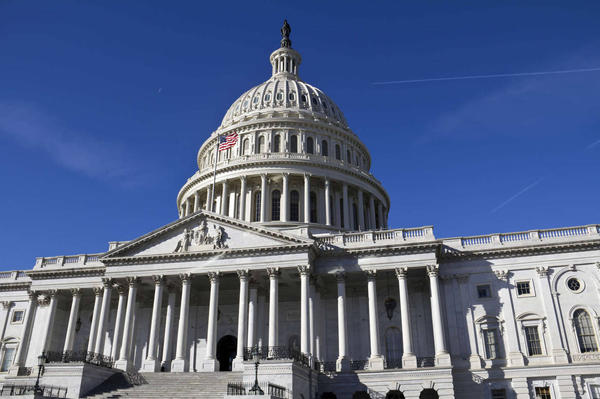With US Senate hearings set for November 18 and 19, a subcommittee has released answers into questions it submitted back in August regarding virtual currencies.
These letters offer the best glimpse yet into what the US government thinks about Bitcoin and how the various agencies are regarding digital currencies.
The questions, from the Senate’s Committee on Homeland Security and Governmental Affairs, went out to five different agencies to see how they were dealing with what they called “virtual currencies.”
The released answers come from Homeland Security, the DOJ, the Fed, the SEC and the Treasury Department.
All five have expressed a real interest in digital currencies, but each seems to be viewing activity from the lens of law enforcement; namely, what to do about terrorists and money launderers?
This focus on crime is illustrative and may hint at the US government’s collective attitude. Only the Fed and the Treasury Department suggested that digital currencies could be beneficial and more efficient.
Homeland Security seems to view digital currencies through a prism of, well, national security. Its response mentioned a need for an “aggressive posture” toward the currencies and a “multi-prong strategy” when targeting digital currency exchanges and platforms. Its primary worries were international organized crime’s ability to move money overseas quickly and anonymously.
The DOJ recognized that decentralized payment systems offered legitimate benefits but worried about money laundering. It appears to be monitoring developments closely through working groups and “intelligence products.”
The Fed suggests such currencies hold “long-term promise” as faster, more secure, more efficient payment systems. It also mentioned it lacks any regulatory authority but must be contacted in the event that “special measures” regarding digital currencies are under consideration.
The SEC asserted some authority over virtual currencies insofar that entities issuing interests or providing returns on digital currencies fall under its definition of securities. The SEC also mentioned that informational talks had been held with the Bitcoin Foundation.
The Treasury admitted to following digital currencies closely and echoed the Fed’s admission that such currencies provide legitimate financial services, but it also worries that digital currencies can be exploited by terrorists and money launderers. That activity has thus far been limited, though, by “scope, liquidity and volatility.”
Watch this space for updates from the Committee’s hearings.


